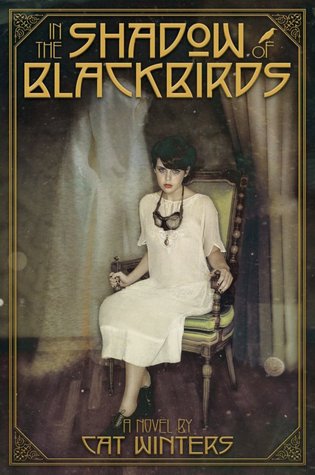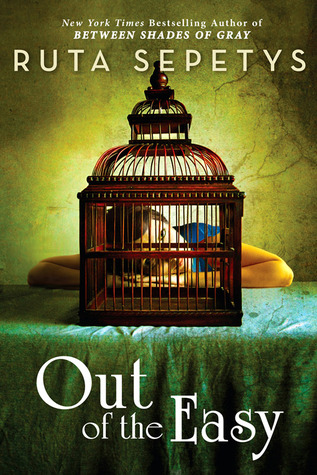Storm
Donna Jo Napoli
Trigger warnings for the book- mentions of rape and death
Sixteen-year-old Sebah's home is washed away in a flash flood, killing her family. She is left with only a swamp kit, Screamer, and her mantle. She finds a nook in the rocks to live in, but she grows weaker by the day.
Eventually, a man washes up next to her. Now she has to take care of him, too, but he's slipping away. When they come upon an ark, will she be willing to leave him behind?
So, this book is kind of a retelling of Noah's Ark. I'm going have to admit, the last time I read the Bible I had a high fever and no clue what was going on. I'm not shooting for biblical accuracy here.
Sebah was a great character. She was smart and protective and... eee, I just wanted to hug her! Later in the book she no longer seemed to do anything, becoming a sort of plot device instead of a character, but if she stayed like she was in the beginning, I think I would have loved her.
I dearly hope Aban wasn't meant to be a sympathetic character. He's arrogant and possessive of Sebah. When the first thing a character does is grab the MC by the hair and say 'you are mine, you will be my wife', I start to hate them. And continue to hate them. Frankly, I was kind of glad when [spoiler] he died.[end spoiler]
There's a thousand Cinderella, Little Red Riding Hood, Snow White, and so on retelllings, and I LOVE seeing something new. I think a take on Noah's Ark was a great idea, and (to my limited knowledge of the story) it had great execution.
The story didn't have a lot of dialogue. Sebah, after all, is mostly with animals. However, that didn't make the book feel empty. Ms. Napoli wrote the lack of speech well, still building characters and pushing intrigue without spoken words.
The one thing I really need to get off my chest, though, is the rating for this book. I think I might have really liked it had it not been labelled as YA. The voice of the story seemed very grown-up, and the goings-ons follow suit. There's a lot of talk of 'mating' or implied mating. Or descriptions of mating. If it was just the animals I would push it aside and ignore it, but it applies to Sebah, too. She mentions 'mating' with Aban multiple times. I understand it becomes important later on, but the wording messed it up.
(Still on the same thing as last paragraph) There's a lot of things I had to file under 'either I read something wrong or you said something wrong'. Sebah [HOLY SPOILER BATMAN] gets pregnant and then there's a lot of boob talk. Later, when she has the baby there's things like 'I heard the baby's cry and milk rushed from my breasts'. Like, okay. Really, didn't need to hear that. [It's okay, the spoiler is over]. What I'm trying to say is it didn't read like a YA. I think I would have been okay with it had it been called an adult book instead of a YA.
The stuff about Noah's family was really interesting. I wish there was a bit more on Ada and Leba, but what was there was great. The way Noah developed was amazing.
So, here's something weird that I want to say but isn't important. There's a lot of retellings that are set in modern times. Honestly, I haven't seen many 'add a character but keep the rest' stories. I liked that. It was fun that way.
The romance. The romance. You already heard my piece on Aban. [Just ignore the rest of this if you don't like spoilers] Bash would have been an okay character if he hadn't turned into another love interest. He felt like an excuse to keep Sebah from being independent. I loved the parts where she was independent.
(I liked this book a bit more than I let on, sorry)
~Corinne









